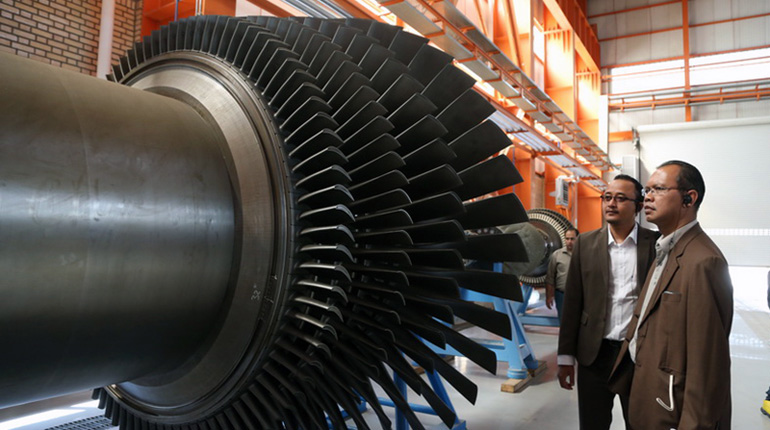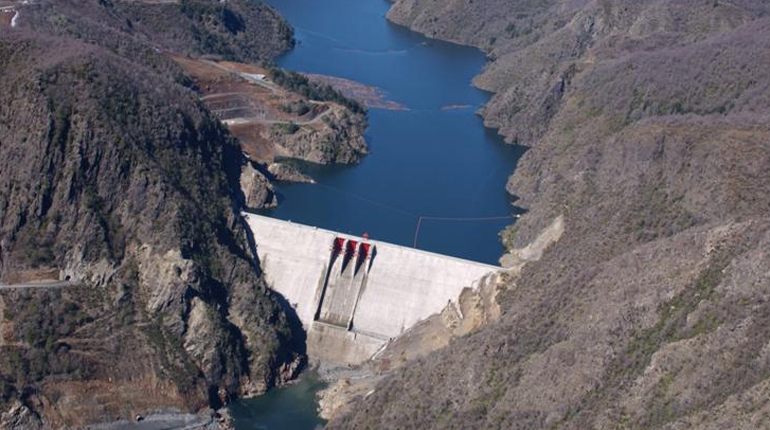Highlights
- Russian gas supplies to Turkey are unlikely to be disrupted despite tensions between the two countries
- Subsidy reforms are having no noticeable impact on Iranian gas demand
- Kuwait is aiming to extend its lease of the Mina al-Ahmadi FSRU beyond 2019
- Nigeria and Equatorial Guinea are finding Asian and European LNG markets challenging
Economic overview
The downing of a Russian jet by Turkey in November has strained relations between Ankara and Moscow, but it is unlikely to have a near-term impact on the gas trade.
Russia has halted infrastructure development related to the Turkish Stream gas pipeline on its side of the border. Meanwhile, Turkey has signed a memorandum of understanding to purchase LNG from Qatar, while Qatar has shown interest in developing gas storage facilities in Turkey.
The political gestures so far are all long-term prospects. In the near term, gas supplies from Russia to Turkey are unlikely to be disrupted. While Turkey is reliant on Russian gas for its energy needs, the trade is a source of revenue for Russia.
The Central Bank of Nigeria slashed its benchmark interest rate by 200 basis points in November, to 11% – its first cut in more than six years. The central bank is working against the odds to stimulate growth and improve money market liquidity. The interest rate cut is also intended to make Nigerian gas and LNG exports more competitive.
Quarterly and annual year-on-year GDP growth rates
| Q1 2015 | Q2 2015 | Q3 2015 | 2015 | 2016 | 2017 | |
| Qatar | 4.1% | 4.8% | *7.1% | *7.1% | *6.5% | *5.6% |
| Egypt | 3.0% | 4.5% | *4.0% | *4.0% | *4.3% | *4.5% |
| Saudi Arabia | 2.3% | 3.8% | *3.0% | *3.0% | *2.7% | *3.1% |
| Nigeria | 4.0% | 2.4% | 2.8% | *4.8% | *5.0% | *5.3% |
| South Africa | 2.1% | 1.3% | 1.0% | *2.0% | *2.1% | *2.4% |
South Africa is grappling with its own economic problems. The country’s GDP grew by 1% year on year in Q3 2015, compared with 1.6% in Q3 2014. The South African Reserve Bank hiked its interest rate by 25 basis points in November, to 6.25%, in a bid to strengthen the South African rand against the United States dollar. South Africa is a net importer of energy, some of which is gas provided by Mozambique. The central bank’s move may help to reduce the country’s trade deficit, which in October was at its widest since January.
Log in to continue reading...
To continue reading this article, you must have an active subscription. By logging in or signing up for a free trial, you are agreeing to our terms and conditions, privacy policy and cookie policy.



